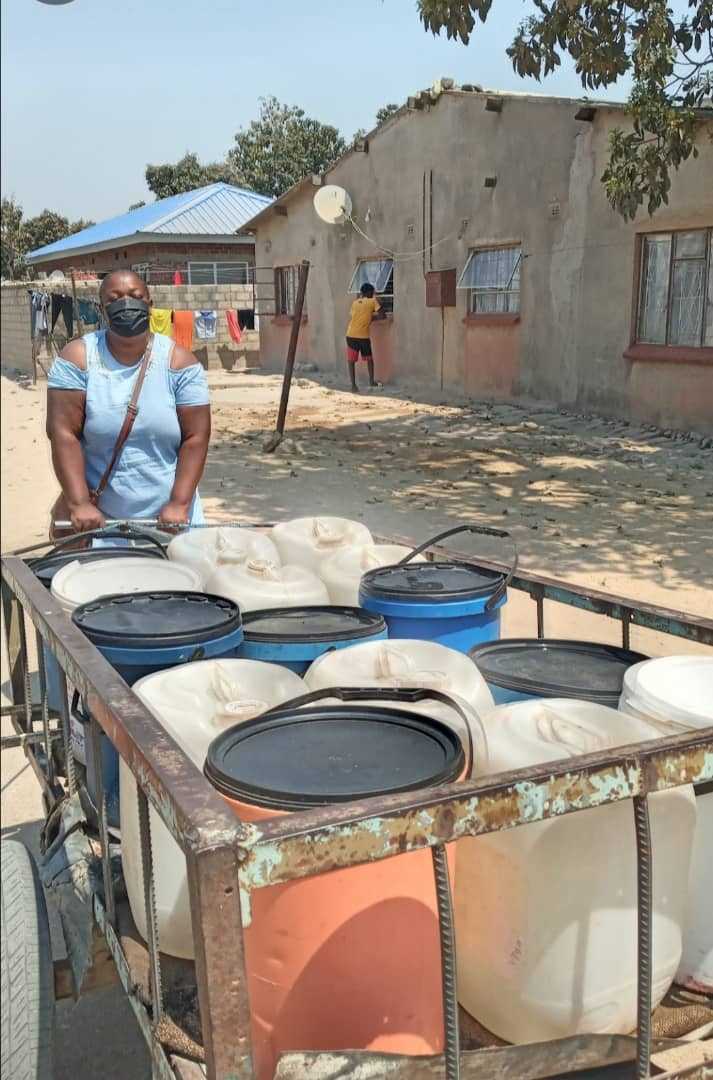
By Tsitsi Mashiri, Guest Columnist
As I navigate the streets of Chitungwiza, I’m struck by the harsh realities faced by residents, particularly young women like myself. The water crisis gripping our town is a ticking time bomb, threatening our health, well-being, and economic empowerment. For years, Chitungwiza has struggled with intermittent water supply, poor water quality, and inadequate sanitation services.
As a young woman, I’ve witnessed firsthand the disproportionate impact on my peers. We bear the brunt of fetching water from contaminated sources, exposing ourselves to water-borne diseases like cholera and typhoid fever. Our education and economic opportunities are compromised as we spend hours daily collecting water, instead of focusing on our futures.
Related Stories
The town's aging infrastructure, inadequate water treatment, and limited water sources have created a perfect storm of despair. Businesses and industries suffer, and the environment bears the brunt of untreated wastewater. As a result, young women are forced to miss school due to water-related illnesses, sacrifice economic opportunities due to lack of access to clean water, endure the indignity of fetching water from contaminated sources, and face increased risk of sexual harassment and violence while collecting water.
The Chitungwiza Municipality must take bold action to address this crisis. Emergency repairs, water trucking, and provision of water treatment chemicals are short-term measures that can alleviate the situation. However, long-term strategies are crucial. Investing in modern water distribution networks and treatment plants, exploring alternative water sources, and implementing efficient water usage practices are essential.
Public-Private Partnerships (PPPs) offer a viable solution, bringing financial resources, technical expertise, and efficiency gains. As young women, we demand safe and accessible water supply, improved sanitation facilities, economic empowerment through water-related initiatives, education and awareness programs on water conservation, and representation in decision-making processes.
The municipality should engage private sector players to finance and manage water services, ensuring clear regulatory frameworks and balancing profit motives with public needs. Chitungwiza’s water crisis demands urgent attention and sustainable solutions. It’s time for the municipality to take proactive steps towards a brighter future for its residents, particularly young women.
To achieve this, we propose the following solutions: Conduct a comprehensive water infrastructure assessment, develop a PPP framework and engage potential private sector partners, establish a water conservation program, invest in staff training and capacity building, and foster community engagement and participation.
As young women, we will no longer be silenced or marginalized. We demand action, and we demand it now.










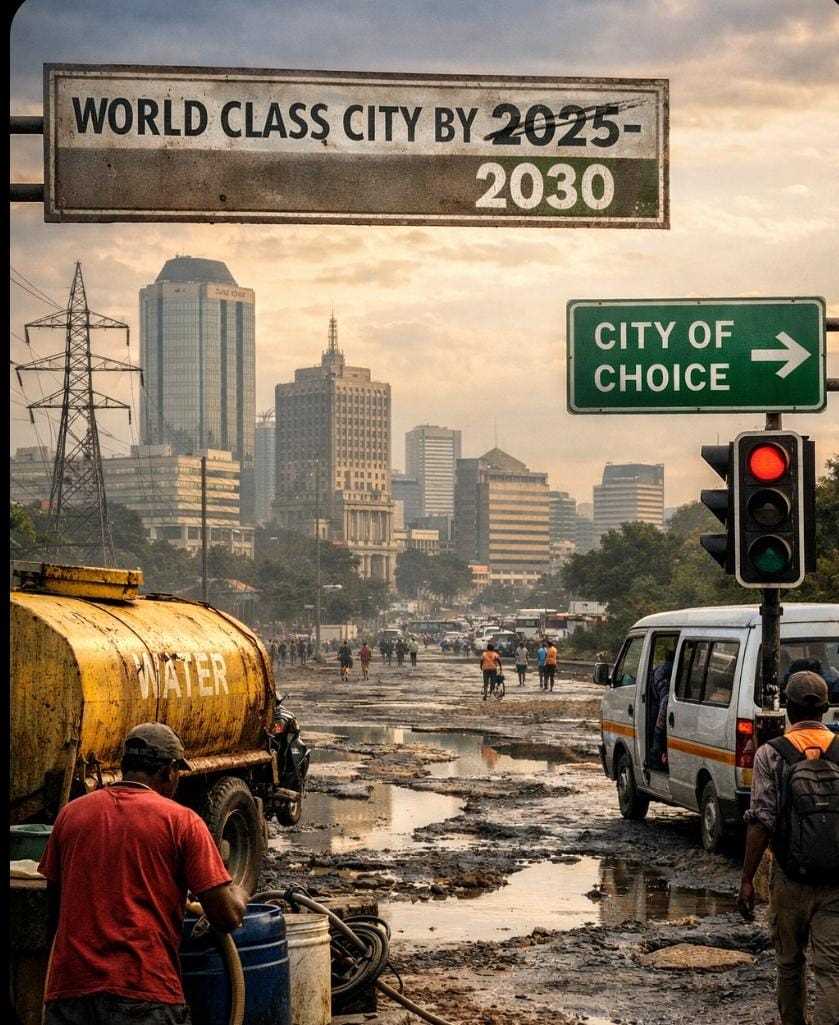

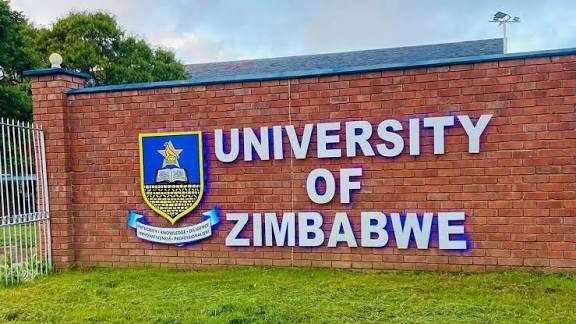



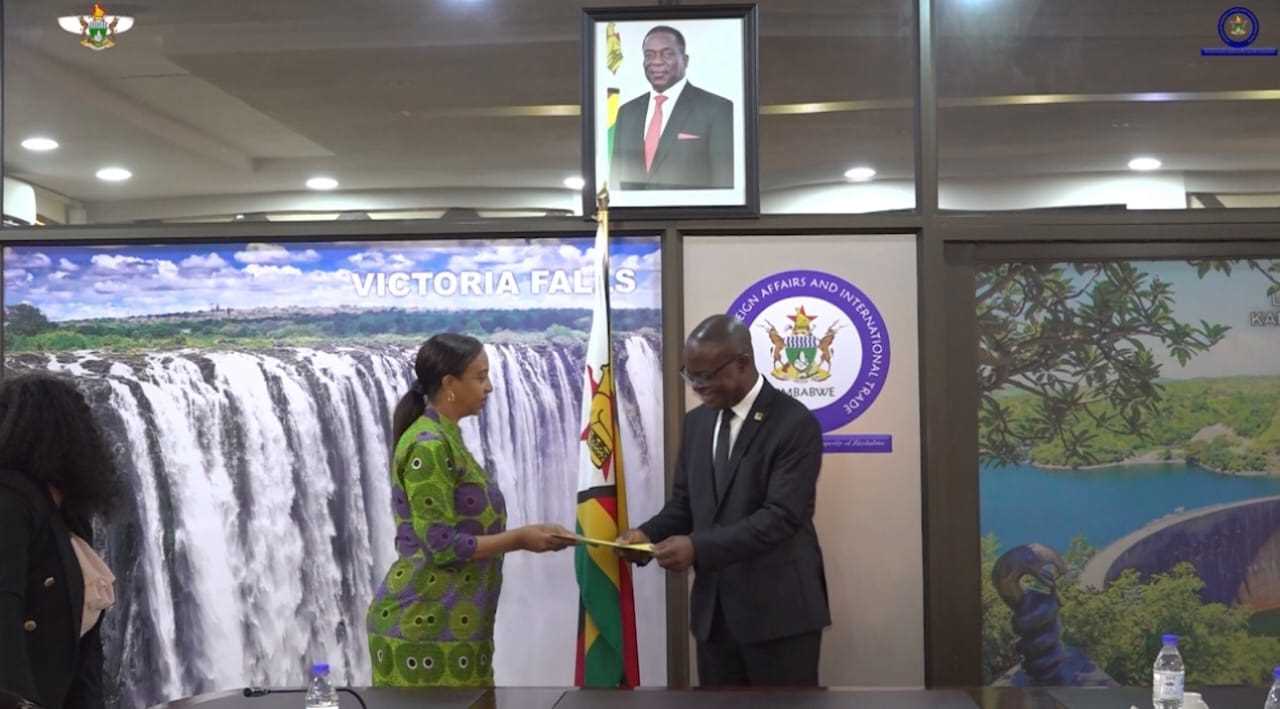
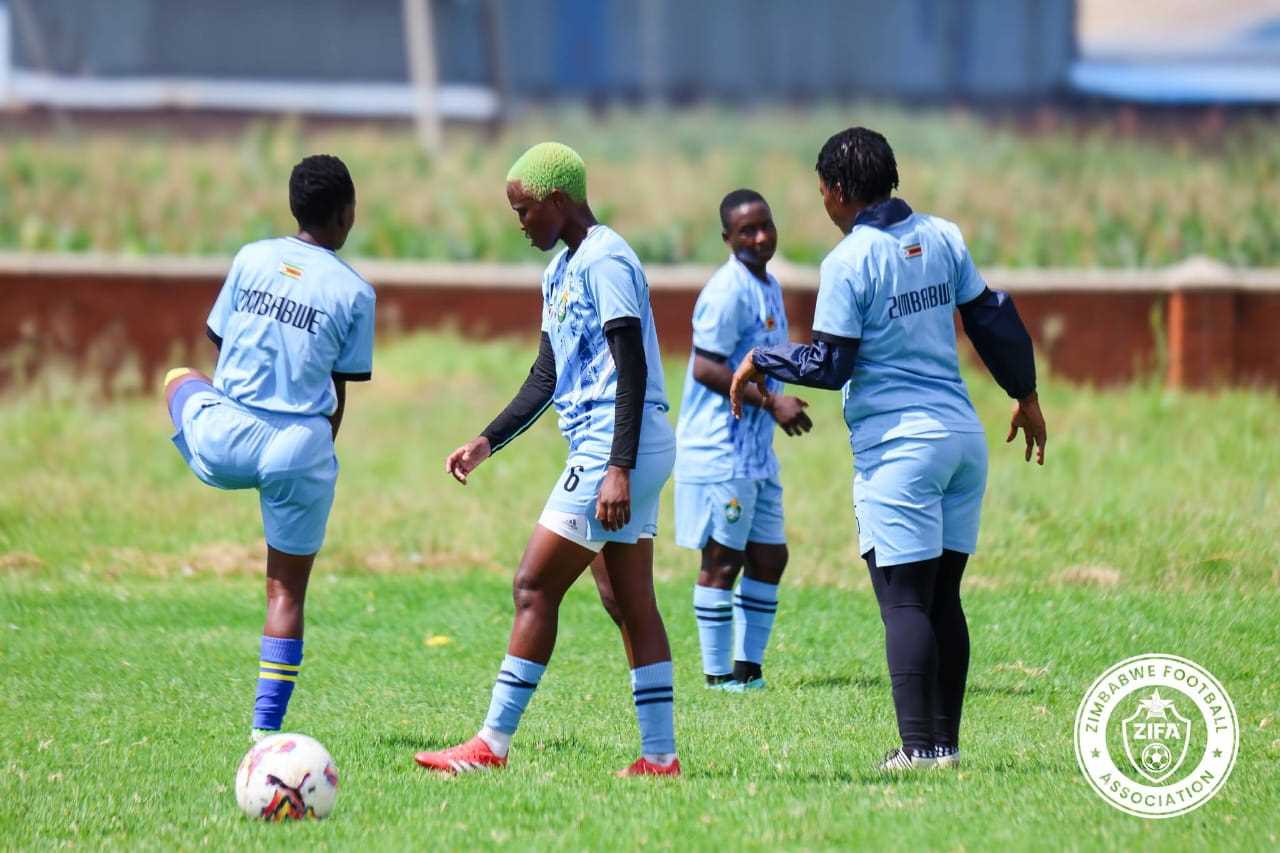


Leave Comments